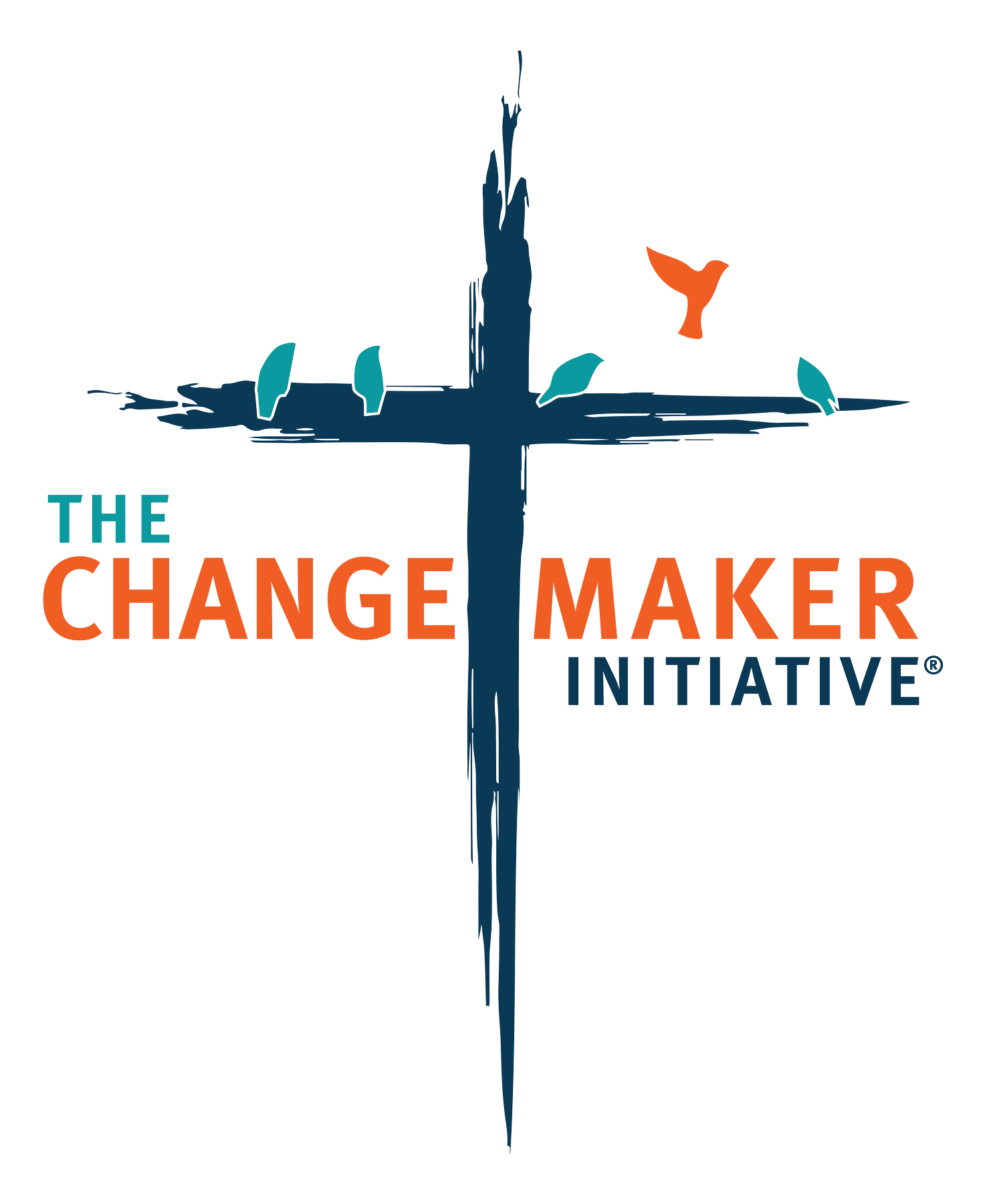Matthew 14:13-21
There are days when I just put myself on ‘automatic’ to get done what I must do. Days when I feel like doing anything but the things on my calendar.
I think Jesus had some of those days too.
His cousin John was murdered. Herod, the king, made a game of it. He severed and served John’s head on a platter, in the most cynical of feasts. When he heard, Jesus must have felt all the rawest emotions we can imagine: anger, outrage, disgust, grief. And fear—fear because the world had suddenly become more dangerous for him too.
All he wanted to do was get away by himself for a little while. But people followed him. Maybe they followed him in sympathy. Maybe they crowded around to try to comfort him. More likely they came because they had their own needs—for healing, for words of inspiration and comfort. They were totally unconscious of Jesus’ emotions. Jesus must have reached way down, below his numbness, to find compassion for them.
It got late. Everyone was hungry. “Let’s send them away, back to the villages, to buy some food for themselves,” the disciples said—probably hoping that once the crowd dispersed, they wouldn’t come back again.
“No,” said Jesus. “You give them something to eat.”
“We can’t,” the disciples said. “All we have is five loaves of bread and two fish.”
“Bring them here,” Jesus said.
You know what happened. Jesus took the bread, gave thanks for it, broke it, and gave it to the disciples, so that they could feed the people. 5,000 men, Matthew says, not counting women and children.
Matthew means for us to put this story right up next to what we’ve just heard about Herod’s murder of John the Baptist. This is a story about the contrast between the contempt and depravity of a world no less worthy of despair than ours; and freely-given, miraculously-abundant, pure and simple nourishment for all who hunger.
Through the fog of his grief, his discouragement about the ugliness of the world as it is, Jesus insisted that they have a meal right there, right now. It was an act of resistance. At a moment he probably felt it not at all, he acted out a stubborn faith that no matter how dark and evil the world seemed at that moment, there was also enough power for goodness to sustain those who came looking for it. Just like us, he had to trust that whatever faith he could muster at the moment would be enough. He took the food that was there, turned to the crowd, and said, in effect, “This is all that we have. It isn’t much, but what’s ours is yours. Here, take it and eat.” And in a way that can only be called a miracle, it was enough.
“And all ate and were filled…”
The power of Jesus in the world today lies in people who are moved toward compassion by the needs of others, who trust that God’s abundance will be enough again. Even on the days when it’s not much, let’s bring what we have, and see what happens.
PRAYER: I am bringing all that I have, God. It isn’t much, but it’s yours. Take me, bless me, let me not be afraid to be broken—so that my life too may be food for a hungry world.
PROMPT: How are you responding to all the voices that say there’s just too much bad news these days to overcome, that there’s not enough good or money or time or power in the world to make real change? What would it look like for you to resist, or maybe just ignore, their power, like Jesus did?

